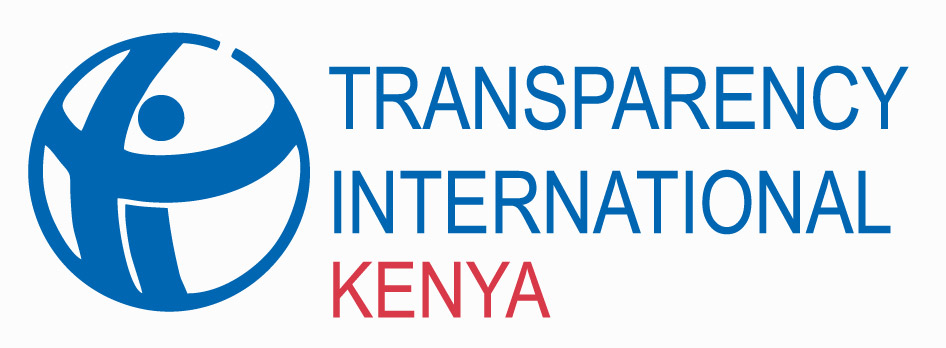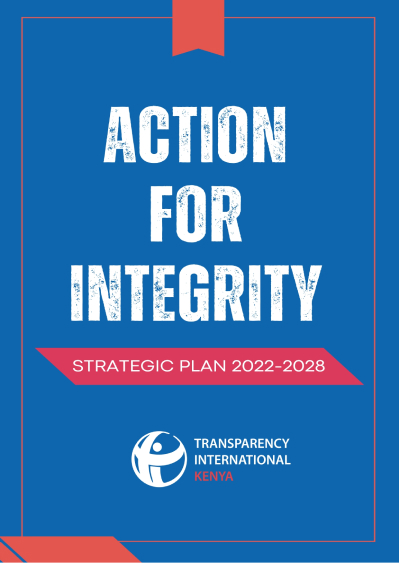Threats and intimidation on media and whistleblowers show the need for Whistleblower Protection Legislation
The edible oil and National Hospital Insurance Fund scams exposed recently and the backlash against the media that has weathered intimidation and name-calling, and reported threats against the NHIF heist whistleblower have been the sad highlight of the week we mark the World Whistleblowers Day. The despicable acts of high level intolerance and bullying are a stark reminder of the urgent need to put in place policy, legislative and institutional frameworks to protect those who risk life and limb to expose corruption and other offences. The absence of comprehensive whistleblower protection framework has left courageous individuals vulnerable and undermines anti-corruption efforts.
Even as Kenyans reel from the acerbic words thrown at the Nation Media Group for exposing corruption, we still recall CPA Spencer Sankale – one of the whistleblowers of the ‘Maasai Mara Heist’ that came to light in 2019 and his dismissal from duty in 2021; he was jobless for almost two years until May 2023 when he was appointed to the Tax Appeal Tribunal as a member. CPA Spencer’s story of securing new employment is one in a million, as Kenya has a history of Whistleblower reprisal. The late David Munyakei, the whistleblower in the Goldenberg scandal lost his job at the Central Bank of Kenya almost 30 years ago and died a destitute. In 2021, Jennifer Wambua, who was the then deputy communications director at the National Land Commission was found dead, at a time when she was a state witness in a Ksh 122.3 million fraud case in which 18 people including public officials were charged. Her reporting of this case was suspected as a motive for her killing. Their stories are just but a fraction of the horrendous acts of retaliation that most Kenyans face when they speak up against corruption.
Kenya has been on an inordinately long journey towards establishing a comprehensive whistleblower protection policy, legislative and institutional framework. This endeavor dates back to 2003 when Kenya ratified the United Nations Convention on Anti-Corruption (UNCAC) and further solidified its commitment in 2007 by signing the African Union Convention on Preventing and Combatting Corruption. Both agreements emphasise the need for states to enact whistleblower protection measures. Despite these commitments some dating 20 years now, Kenya is yet to implement an all-encompassing law specifically dedicated to safeguarding whistleblowers. However, efforts to advocate for such legislation largely spearheaded by civil society and the Kenyan Chapter of the African Parliamentarians’ Network Against Corruption have been actively underway since 2013.
Provisions to safeguard persons who disclose information on corruption are scattered in the Constitution and fragmented in various laws. Some anti-corruption legislations cover aspects of whistleblower protection such as The Bribery Act (2016) which provides a definition of a whistleblower and the protection of whistleblowers and witnesses under the act, from harassment and intimidation, and proposes for the punishment of individuals that punish whistleblowers. The Anti-Corruption and Economic Crimes Act (2003) provides for the protection of informers while the Public Officer Ethics Act (2003) protects persons who are witnesses in relevant cases.
In 2015, a Task Force on the Review of the Legal, Policy and Institutional Framework for Fighting Corruption in Kenya recommended the enactment of a whistleblower protection law. This intensified review and advocacy on the Whistleblower Protection Bill and a raft of legislative amendments to anti-corruption laws such as the Access to Information and Bribery Act. Two Members of the National Assembly in the 12th Parliament sponsored the Whistleblower Protection Bill 2017 and the Protected Disclosures Bill 2019 as private members bills.
The National Ethics and Anti-Corruption Policy, Sessional Paper No. 2 of 2018, lacks an elaborate narration on a framework or mechanism for the protection of whistleblowers but it lists the formulation of a policy and legal framework for whistleblower protection, in a matrix which outlines the key interventions to breathe life into the policy. No timelines are committed for this task assigned to the Department of Justice.
The absence of a comprehensive whistleblower protection law not only discourages potential whistleblowers from coming forward but also perpetuates a culture of silence and impunity. Therefore, as the world recognises and honours whistleblowers this year, it is imperative for Kenya to take decisive action and establish robust protection measures. The 13th Parliament should seize this moment and prioritise the passage of a Whistleblower Protection bill. By enacting such legislation, MPs will demonstrate their commitment towards providing a secure environment for whistleblowers, and encourage others to come forward without fear of reprisals.
Sheila Masinde, Executive Director, Transparency International Kenya


